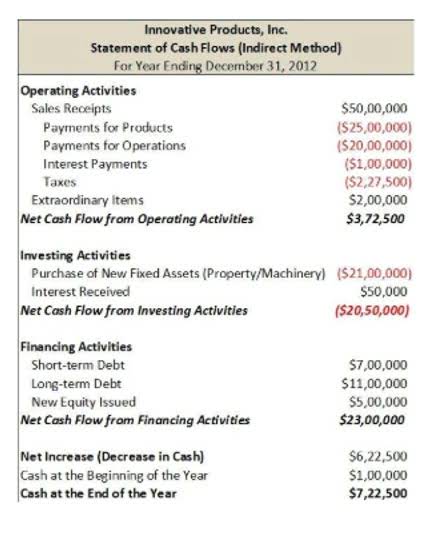
You can confidently manage your books, financial health, and bottom line the right way, the first time and every time. In addition to federal laws, churches must also comply with state regulations. These may include annual reporting requirements, property tax exemptions, and employment laws.

Contribution Statements
This statement tracks the inflow and outflow of cash, helping in understanding the liquidity of the church. When choosing software, consider features like user-friendliness, scalability, and integration with other tools like donor management systems. When dealing with church finances, accuracy and transparency are crucial, and our church clients know that all too well. Besides compiling each of the above documents, there are a few other strategies your church should implement to effectively manage its finances. Start by listing all potential income sources, including tithes and offerings, fundraisers, and facility rentals.

Tool #3: Church Payroll Software
This is virtual accountant the simplest form of accounting, where transactions are recorded when cash changes hands. It’s straightforward but may not provide a complete financial picture. First, consider past income and expenses, tithing trends and ministry goals.

How To Create A Church Operating Budget

Embrace effortless financial management with a user-friendly interface, specialized features, and dedicated customer support. Church accounting software is an essential tool for managing the finances of a religious organization. Choosing the right software can make a significant difference in the efficiency and accuracy of accounting processes. When selecting church accounting software, there are several key factors to consider. The church accounting system is centered on advancing the mission and objectives of the church rather than generating profits. Financial resources are reinvested back into the organization to support its goals, such as outreach programs, community support, and spiritual growth.
- If it is partway through the year, you will need to bring in all the revenue and expenses for the current year.
- For example, some people give money every month, and others give once or give in-kind contributions.
- This type of bookkeeping is too complicated to use an Excel file, so your church must purchase reliable accounting software to keep track.
- This method provides a more accurate financial overview but is complex to maintain.
- Churches use a record-keeping system and fund accounting to keep track of donations, tithes and fundraising income.
Churches must establish a systematic approach to record-keeping and acknowledgment to ensure all donations are tracked accurately and receipts are issued in compliance with IRS guidelines. Contributions of $250 or more require written acknowledgment to donors, detailing the amount and any goods or services provided in return. This facilitates tax reporting for donors and reinforces trust and generosity. The Finance Unit ensures efficient and effective accounting operation, financial church accounting reporting and budget management for the General Council Office and its related entities. The unit also has responsibility for the information technology needs of the General Council and Regional Council offices.
Income Statement
- My team and I (besides being stellar writers) are pastors and church leaders.
- A well-planned budget is essential for effective financial management.
- It segregates funds by their intended use allowing the church to demonstrate high levels of compliance and financial accountability.
- Additionally, their accounting software improved accuracy and transparency in financial reporting, making it easier for Parable to manage church budgets and track spending.
The best thing to do is to keep records separate for restricted and unrestricted funds. It will also clearly show what funds were used for when reports were created. A church accountant must be careful when keeping records on restricted and normal balance unrestricted funds.
Monitoring and Adjusting Budgets
For example, a small or mid-sized church might not need complicated financial tracking. Although nearly all churches are tax-exempt organizations, that doesn’t mean your church can write off tax season! Unlike other nonprofits, most churches don’t have to file an annual tax return via IRS Form 990. However, there are exceptions to this rule, as well as special forms your church may have to complete depending on its income or the state it operates in. Stay up to date on the IRS’s guidelines for church financial reporting to ensure compliance each year. Failure to report unrelated business income accurately can result in financial penalties and interest charges.
